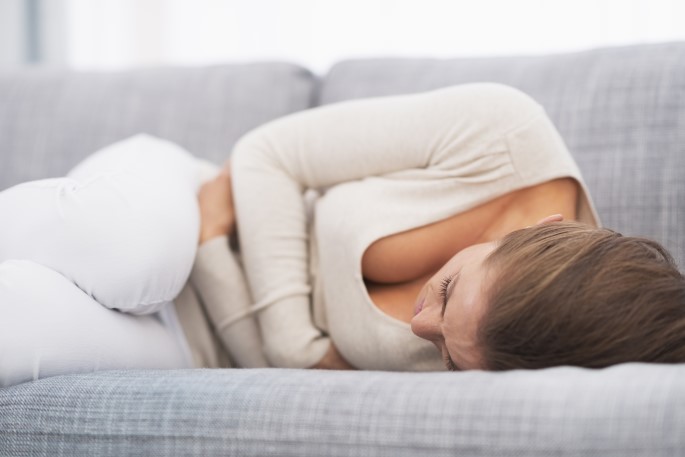Endometriosis affects around 5 million American women. Endometriosis is characterized by abdominal pain, particularly during menstruation. It can also interfere with conception and pregnancy.
For many women, fully understanding the condition they may have requires a proper diagnosis from a trained, experienced expert in the field of women’s health. Dr. Sherry Thomas is that professional. At her office in Agoura Hills, Dr. Sherry can help you understand endometriosis as well as offer treatment options. To schedule your appointment, contact Dr. Sherry Thomas’s office today.
Causes and Symptoms
Endometriosis is caused when the tissue that normally lines the uterus (endometrial tissue) starts growing outside the uterus in other locations, such as on the ovaries or on the outside of the uterus. The endometrial tissue is thought to get into the abdomen during menstruation by retrograde shedding of uterine lining up the Fallopian tubes instead of down the vagina. Since all women presumably experience some retrograde menstruation but only some women develop endometriosis, there is clearly some other factor at work.
Endometriosis tends to occur in families, suggesting a genetic factor. It also seems to occur in association with a predisposition to autoimmune diseases and allergies, suggesting an immune malfunction may play a role as well.
The misplaced endometrial tissue reacts to the body’s hormones just like the endometrial tissue growing inside the uterus. Each month the tissue grows in response to hormones and then sheds and bleeds during menstruation. This process can cause pain and inflammation of organs and tissues near the stray endometrial tissue.
The stray endometrial tissues can also block the Fallopian tubes, cause scar tissue and adhesions, cause ovarian cysts to form, and can disrupt normal function of the bladder and intestines.
The most common symptom is severe, cramping abdominal pain during menstruation. Some women experience digestive upset during menstruation such as diarrhea or bloating; others experience painful urination during menstruation. If scar tissue and adhesions develop, chronic deep pelvic pain can occur.
Treatment
Although there is no cure for endometriosis, treatment can reduce symptoms and improve quality of life. The most effective treatment method is continuous birth control pills. When active hormonal birth control pills are taken year-round with no breaks, menstruation simply does not occur, and therefore all endometriosis symptoms related to menstruation stop as well. An alternative is placement of a hormonal IUD, which reduces the occurrence and intensity of menstruation.
These types of hormonal treatments obviously cannot be used when a woman is trying to get pregnant. They also only affect symptoms related to menstruation- women who have developed chronic pain due to adhesions or scar tissue will continue to experience that type of pain. Surgery to remove the adhesions, scar tissue and any endometrial tissue that can be located can often cure these types of chronic symptoms.
Women with endometriosis who wish to get pregnant may be prescribed a short course of gonadotropin-releasing hormone agonist. This drug will temporarily induce menopause, which may cause regression of endometrial tissues. After stopping the drug, normal menstrual cycles will resume and the chances of conceiving will increase. Some women may require surgery to remove endometrial tissues blocking the Fallopian tubes or interfering with ovulation before conception can occur.

